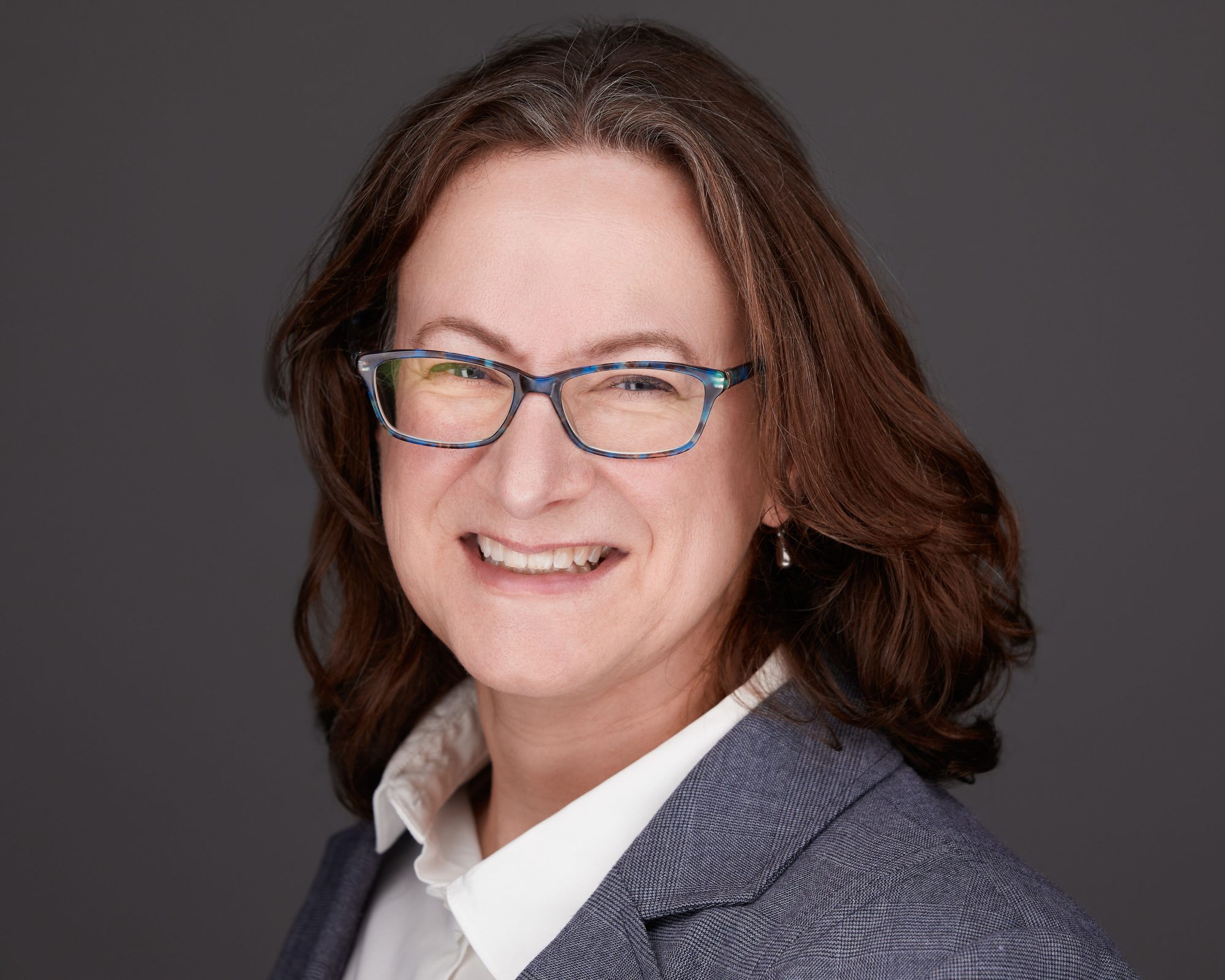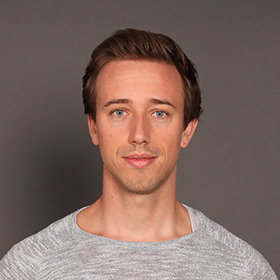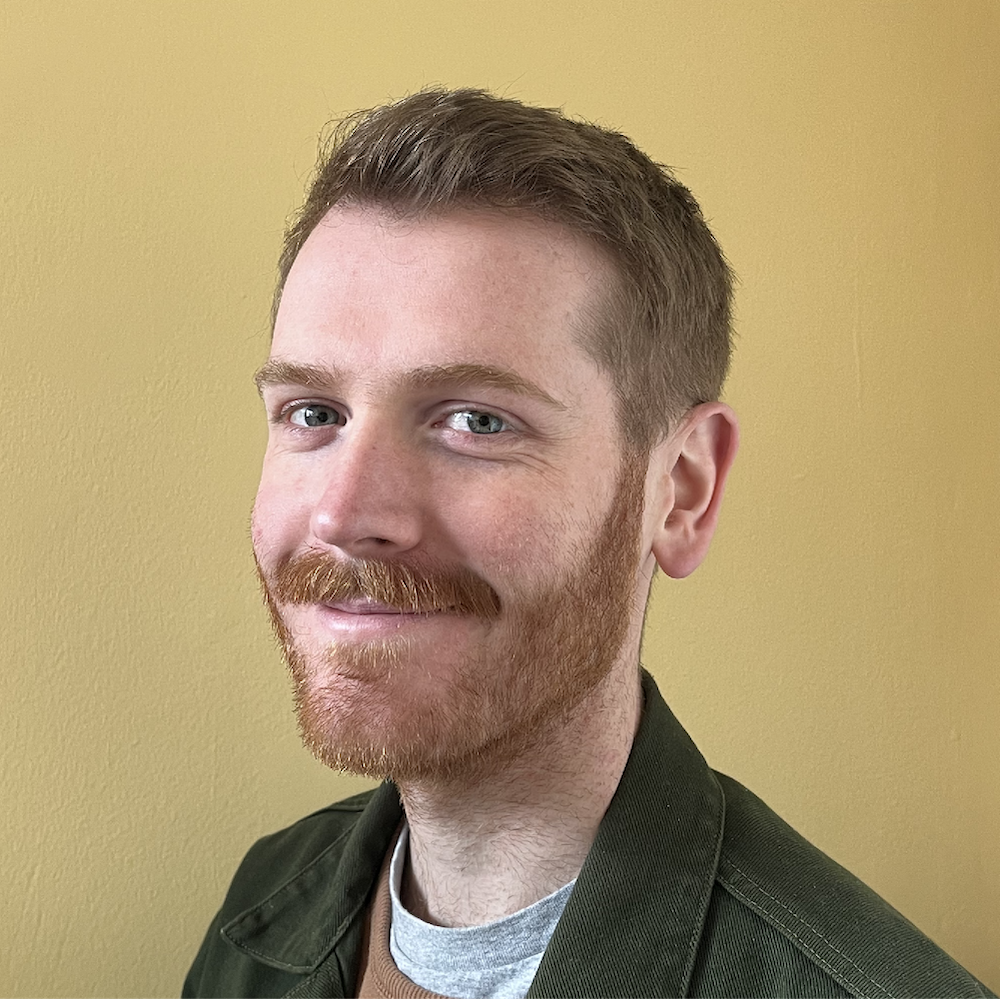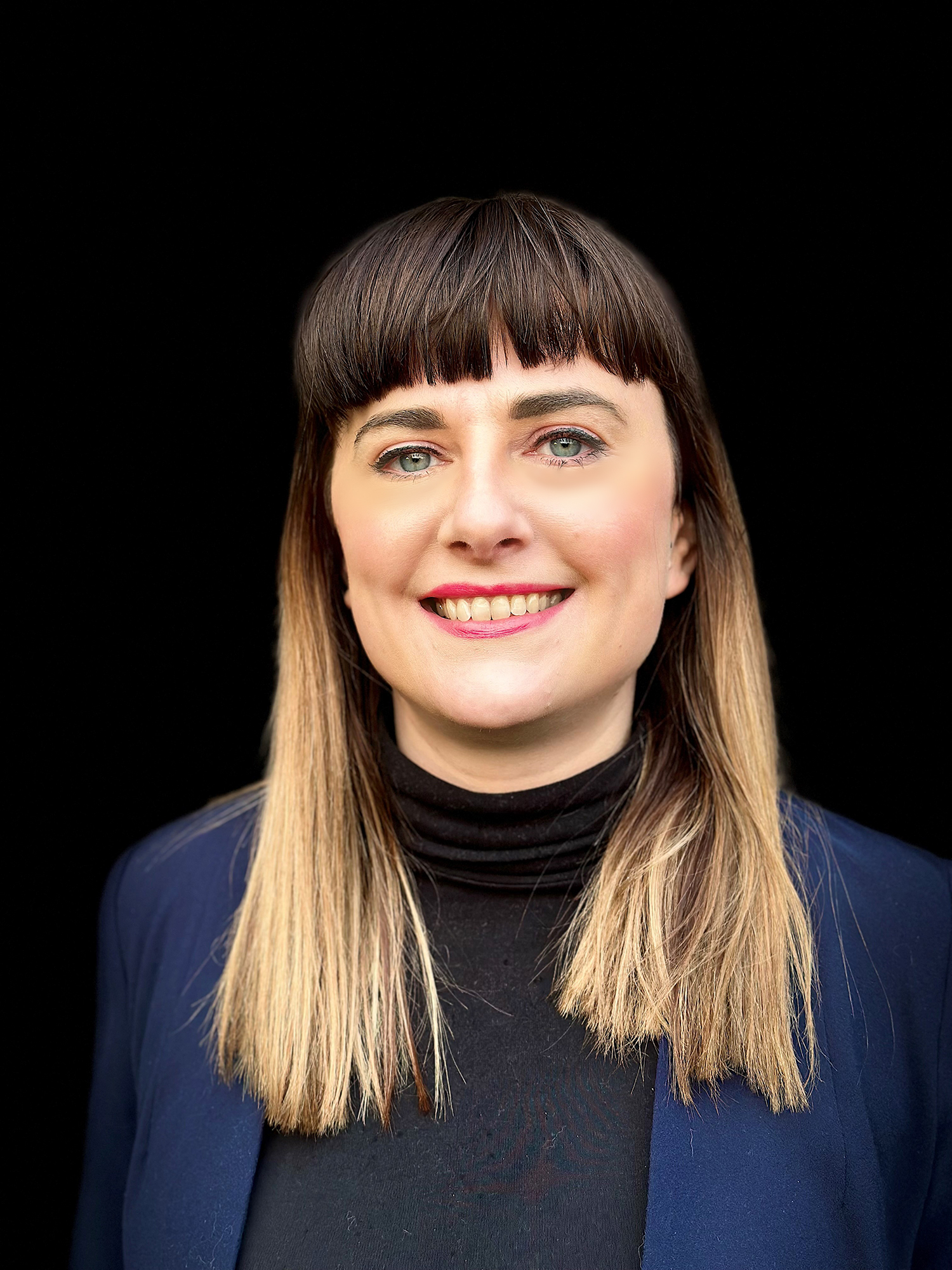

Session Agenda
Artificial Intelligence has moved from the sidelines into the core of academic publishing workflows. From reviewer matching and plagiarism detection to fraud detection and reproducibility checks, AI promises faster, more consistent, and scalable peer review. But questions loom: Where should AI’s role end? Which aspects must remain human-led? And how can we safeguard research integrity amid shadow AI use, prompt injection attacks, and inconsistent publisher policies?
This timely and necessary discussion titled “Enhancing Peer Review with AI: Where should we draw the line?” brings together publishing leaders and AI experts to debate the evolving role of AI in peer review and to identify the ethical and operational boundaries needed to preserve trust. By debating its boundaries, we will exchange perspectives, challenge assumptions, and co-develop insights into responsible adoption; ensuring peer review remains credible, transparent, and equitable.
Agenda at a Glance
- Welcome & Introductions
- Framing the Issue: Latest developments and controversies
- Interactive Discussion: Promise vs. pitfalls
- Legal & Ethical Dimensions
- Policy & Practice
- Solutions & Insights for Responsible Adoption
Expected Takeaways
- Awareness of the latest breakthroughs and controversies in AI-driven peer review.
- Practical insights into how AI is helping editors and reviewers today and the trade-offs involved.
- Clarity on legal and ethical questions, including liability, privacy, and fairness concerns.
- Perspectives on accountability and oversight in AI-assisted peer review.
- A comparative view of current publisher policies.
- Practical ideas to guide responsible and transparent adoption.
About the Speaker
 Dr. Elisabeth Bik
Science Integrity Consultant
Dr. Elisabeth Bik
Science Integrity Consultant
Elisabeth Bik, PhD, is a Dutch-American microbiologist who has worked for 15 years at Stanford University and 2 years in industry. Since 2019, she is a science integrity consultant who scans the biomedical literature for images or other data of concern. She has found over 8,000 problematic scientific papers. Her work has resulted in over 1,500 retractions and another 1,100 corrections. For her work on exposing threats to research integrity, she received the 2021 John Maddox Prize and the 2024 Einstein Foundation Award.
 Daniel Ucko
Head of Ethics and Research Integrity, American Physical Society (APS)
Daniel Ucko
Head of Ethics and Research Integrity, American Physical Society (APS)
Daniel Ucko is the Head of Ethics and Research Integrity at the American Physical Society (APS), where he is responsible for the publication ethics and integrity of the Physical Review journals. In this role he also shapes journal and ethics policy for the society. He has been an elected member of COPE Council since 2023.
Before starting his career in academic publishing, he did research in condensed matter physics. He holds a PhD in Physics from University College London, UK (2001) and a PhD in Philosophy of Science from Stony Brook University, USA, on the subject of peer review, which he completed in 2020. His book: "The Subjectivities and Objectivities of Peer Review" was published by Brill in 2024.
 Patrick Starke
Co-Founder & CEO, Imagetwin
Patrick Starke
Co-Founder & CEO, Imagetwin
Patrick Starke is an entrepreneur and economist with an M.Sc. from the Vienna University of Economics and Business. He founded Imagetwin, a company that develops software to detect image manipulations and duplications in scientific publications. By collaborating closely with researchers and publishers, Patrick and his team create tools that strengthen research integrity and help improve scientific standards.
 Elliot Lumb
Co-founder, Signals
Elliot Lumb
Co-founder, Signals
Elliott Lumb is a co-founder of Signals, which combines network analysis, expert knowledge, and AI to deliver article-level evaluations to publishers and researchers. He was previously the founder of PeerRef, a journal-independent peer review platform. He has consulted for publishers and held several roles at Frontiers, including in the Strategy and Planning team. In 2018, Elliott completed a PhD in medicinal chemistry at Monash University and the University of Nottingham.
 Mary Miskin
Operations Director, Charlesworth, Enago
Mary Miskin
Operations Director, Charlesworth, Enago
Mary Miskin is a publishing professional with over 20 years of experience specializing in editorial operations, workflow optimization, and product management. Currently Global Operations Director at Charlesworth, she previously served as Head of Editorial Operations at Emerald Publishing. Mary actively contributes to the publishing community as Chair of the European Advisory Council for the International Society of Managing and Technical Editors (ISMTE), having previously served as a Board Director.

 Dr. Elisabeth Bik
Dr. Elisabeth Bik
 Daniel Ucko
Daniel Ucko
 Patrick Starke
Patrick Starke
 Elliot Lumb
Elliot Lumb
 Mary Miskin
Mary Miskin

